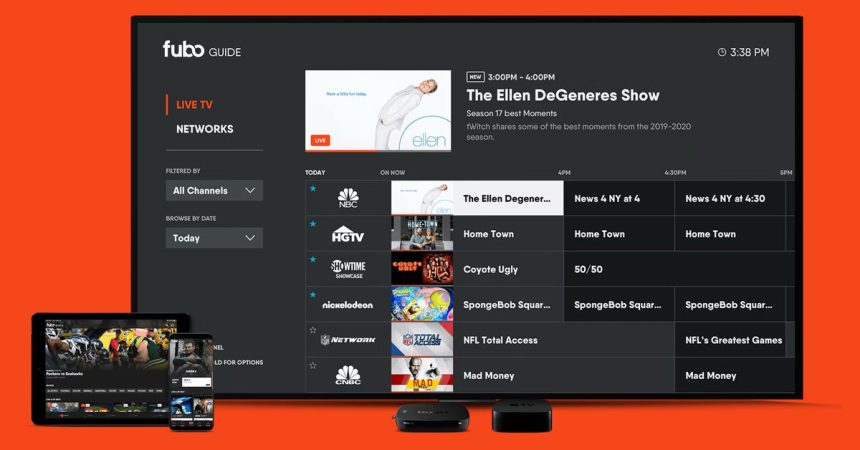The recent announcement of a proposed merger between Fubo and Hulu + Live TV, coupled with the subsequent dismissal of Fubo’s antitrust lawsuit against Disney, Fox, and Warner Bros. Discovery (WBD), has sparked significant controversy and concern within the pay-TV industry. Fubo’s lawsuit, which alleged that the creation of Venu Sports – a joint venture between the aforementioned media giants – violated US antitrust laws, had previously resulted in an injunction halting Venu’s launch. However, the settlement agreement between Fubo and Hulu + Live TV effectively paved the way for Venu’s market entry, raising alarms among competitors like DirecTV and EchoStar who fear the venture’s anticompetitive potential. The core issue revolves around the control and distribution of live sports programming, a highly valued and fiercely contested segment of the pay-TV market.
The settlement, while resolving the legal dispute between Fubo and the media conglomerates, has effectively shifted the competitive landscape, potentially exacerbating the very concerns that Fubo initially raised in its lawsuit. DirecTV and EchoStar argue that the settlement, which outlines a new multichannel video programming distributor with Disney holding a 70% stake, essentially rewards the defendants for their alleged anticompetitive behavior. By compensating Fubo for dropping the lawsuit, Disney, Fox, and WBD have effectively neutralized a key challenger and cleared the path for Venu’s entry into the market. This, critics argue, reinforces the dominance of these major players and restricts competition in the distribution of live sports programming.
DirecTV, in its letter to the court, characterized the settlement as a strategic maneuver by the Venu partners to secure Fubo’s cooperation and eliminate a potential obstacle to their market dominance. The payment to Fubo is viewed as a calculated investment to remove a litigious competitor and facilitate the unfettered launch of Venu Sports. This, they argue, creates an “anticompetitive runway” for the media giants to exert greater control over the future of the live pay-TV market, potentially leading to higher prices and reduced consumer choice. The concern is not simply about the existence of Venu but the manner in which its parent companies might leverage it to disadvantage competitors.
EchoStar, another major player in the pay-TV industry, echoed DirecTV’s concerns, highlighting the potential for Venu to create a monopolistic environment. They argued that the original injunction aimed to prevent the media companies from manipulating the market and charging inflated prices to consumers. The dismissal of the lawsuit and the subsequent settlement, according to EchoStar, effectively circumvents the court’s jurisdiction over these competition issues and leaves distributors like Dish Network and Sling TV vulnerable to antitrust injury. The fear is that Venu will gain preferential access to sports programming, potentially limiting the ability of other distributors to offer competitive packages to consumers.
The central argument presented by DirecTV and EchoStar revolves around the potential for discriminatory practices in the distribution of sports programming. They contend that Venu will be granted access to content and distribution models that are not available to other providers, creating an uneven playing field. This preferential treatment, facilitated by the ownership structure of Venu and the immense market power of its parent companies, could stifle competition and ultimately harm consumers through limited choices and inflated prices. The concern is that the media giants will use Venu to further consolidate their control over the sports broadcasting landscape, leveraging their ownership of both content and distribution channels.
The implications of the Fubo-Hulu merger and the dismissal of the antitrust lawsuit extend beyond the immediate competitive dynamics of the pay-TV industry. The case highlights the complexities of antitrust regulation in the rapidly evolving digital media landscape, where the lines between content creation, distribution, and platform ownership are increasingly blurred. The concerns raised by DirecTV and EchoStar underscore the need for careful scrutiny of mergers and acquisitions in this sector to ensure that they do not exacerbate existing market concentration or create new barriers to entry for smaller players. The future of sports broadcasting and the accessibility of live sports programming for consumers hinge on the ability of regulators to effectively address these complex competition issues.



